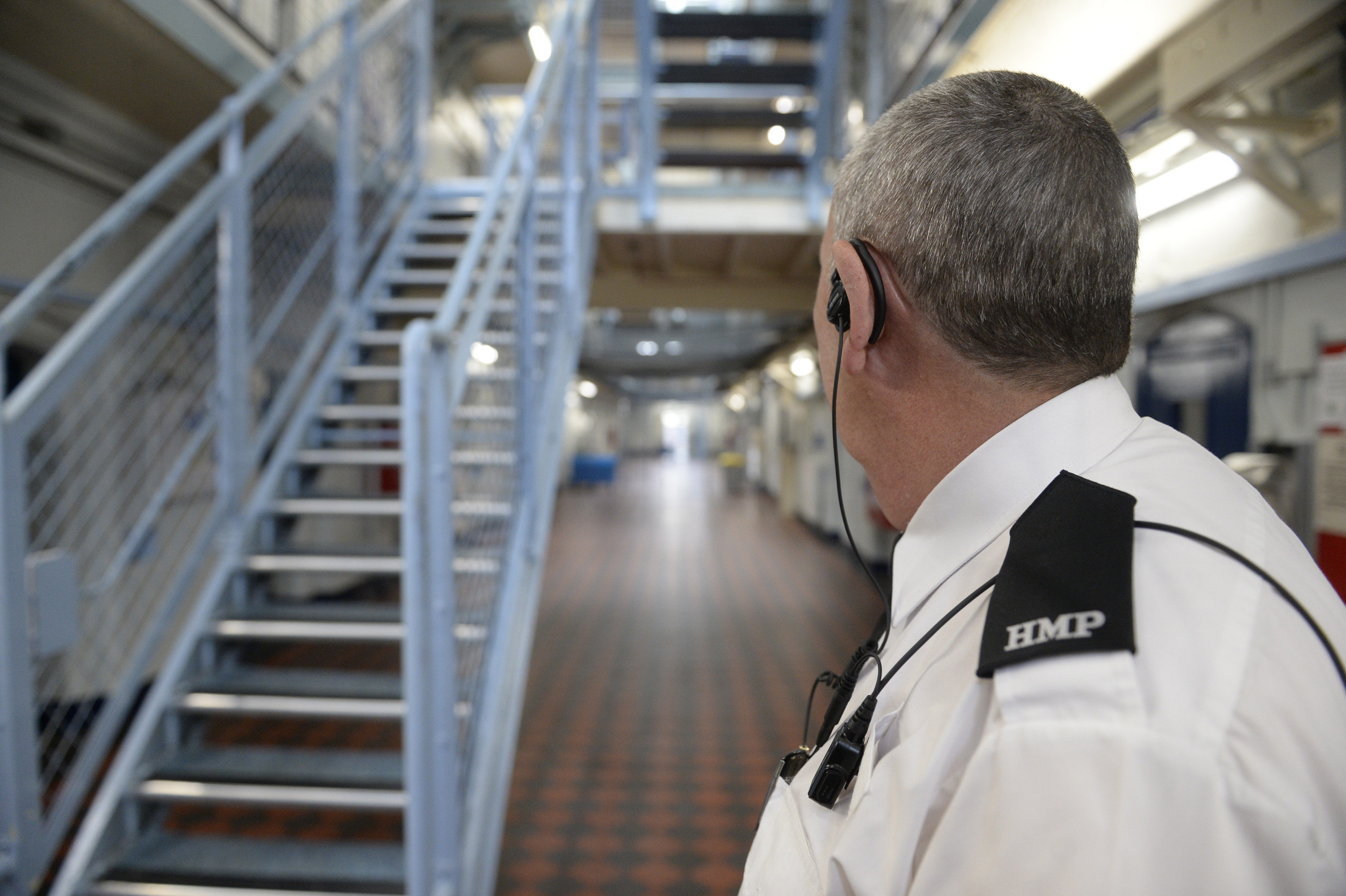
ANCIENT treason laws should be renewed to allow enemies of the state to be jailed for life, a think tank has recommended.
Britons who betray the country through acts of terror or by aiding hostile nations such as Russia should be dealt with as traitors, according to a Policy Exchange report.
It warned a wave of terrorists is coming up for release and claimed the country would be safer if they had been jailed for betrayal.
Treason laws, which date back to 1351, are now unworkable, the report – whose authors include Conservative MP Tom Tugendhat and Labour MP Khalid Mahmood – said.
The last person to be convicted under the Act was William Joyce, more commonly known as Lord Haw-Haw, who was hanged in 1946 for assisting Nazi Germany.
In a foreword to the report, former lord chief justice of England and Wales Lord Judge wrote: “If a citizen of this country chooses to fight with the Taliban in Afghanistan against British forces, his crime is more than terrorism. It is treason, and should be prosecuted accordingly.”
It comes amid the furore over the Government’s decision to drop death penalty objections in the case of two men accused of being members of an Islamic State, also known as IS or Isis, cell who face being sent to the US for trial.
Alexanda Kotey and El Shafee Elsheikh, who are understood to have been stripped of their British citizenship, are said to have been members of the brutal four-man Beatles group of IS executioners in Syria and Iraq.
“This new offence would also provide a suitable ground on which to prosecute Alexanda Kotey and El Shafee Elsheikh, the most high profile British subjects to have joined Isis and two of the so called ‘Beatles’, whom, surprisingly, it seems our authorities do not otherwise intend to prosecute,” the report said.
Some 193 offenders were jailed between 2006 and 2017 for terrorism offences, and more than 80 of them are due for release before the end of the year, according to the right-leaning think tank.
“If they had been convicted of treason and imprisoned for life, the UK would be considerably safer,” the report said.
Labour MP Khalid Mahmood said: “Punishing treason properly is important to signal clearly that our communities condemn betrayal. Sentencing traitors to life imprisonment would recognise the gravity of the wrong they have committed and would help protect the public.”
The UK’s terror laws fail to recognise the “wrongfulness of betrayal”, according to the report.
Any new offence should cover the actions of British citizens overseas, it said.
Conservative MP Tom Tugendhat said: “British citizens who aid groups like Isis, groups that intend to carry out attacks against the UK, or against UK forces are deployed abroad, betray our country and should be condemned.
“The law must be written to ensure they can be stopped and their betrayal is recognised as a distinct crime.”

Enjoy the convenience of having The Sunday Post delivered as a digital ePaper straight to your smartphone, tablet or computer.
Subscribe for only £5.49 a month and enjoy all the benefits of the printed paper as a digital replica.
Subscribe